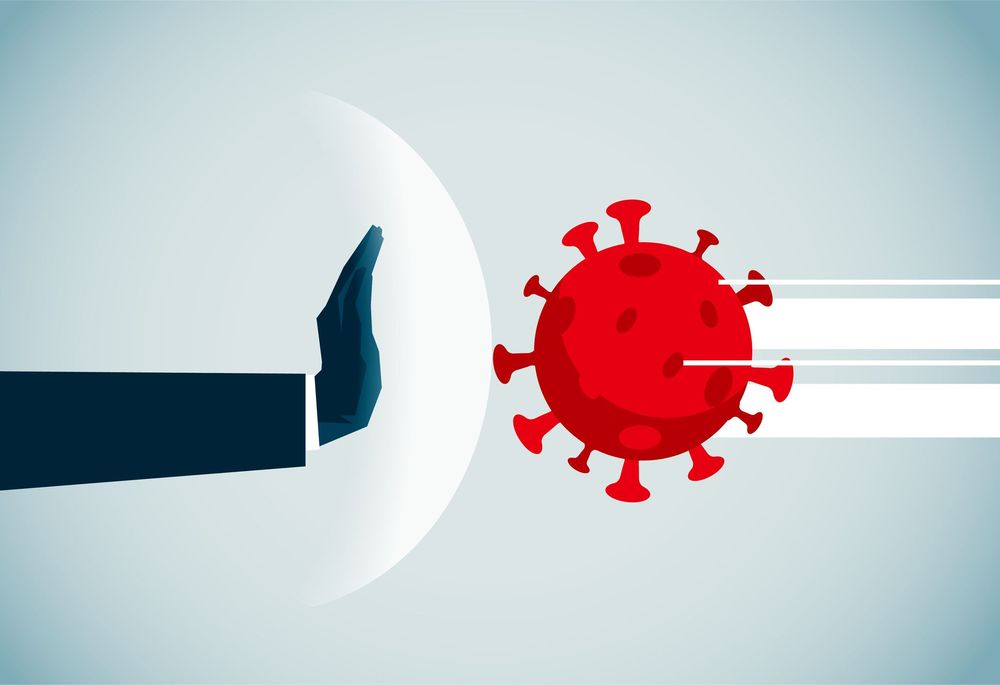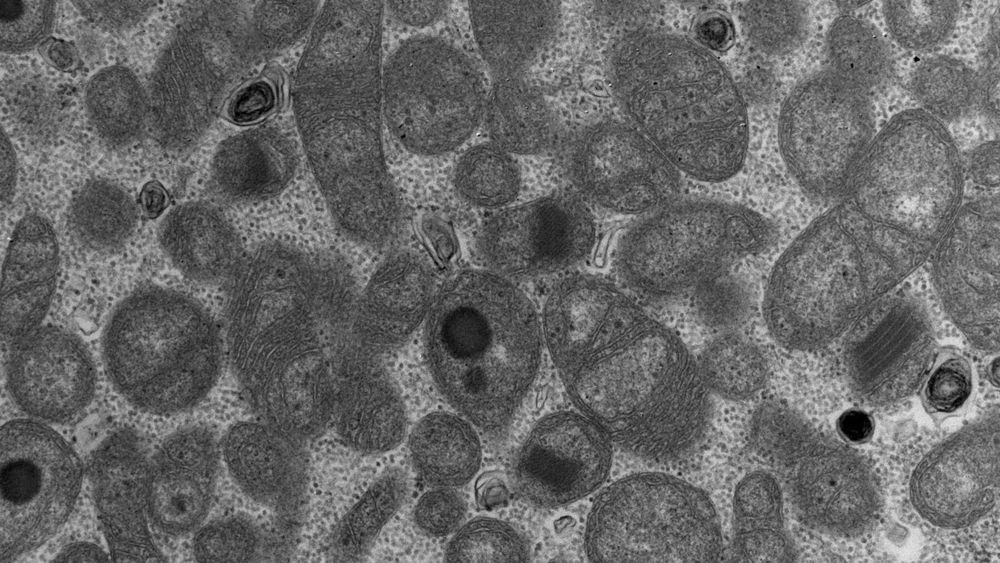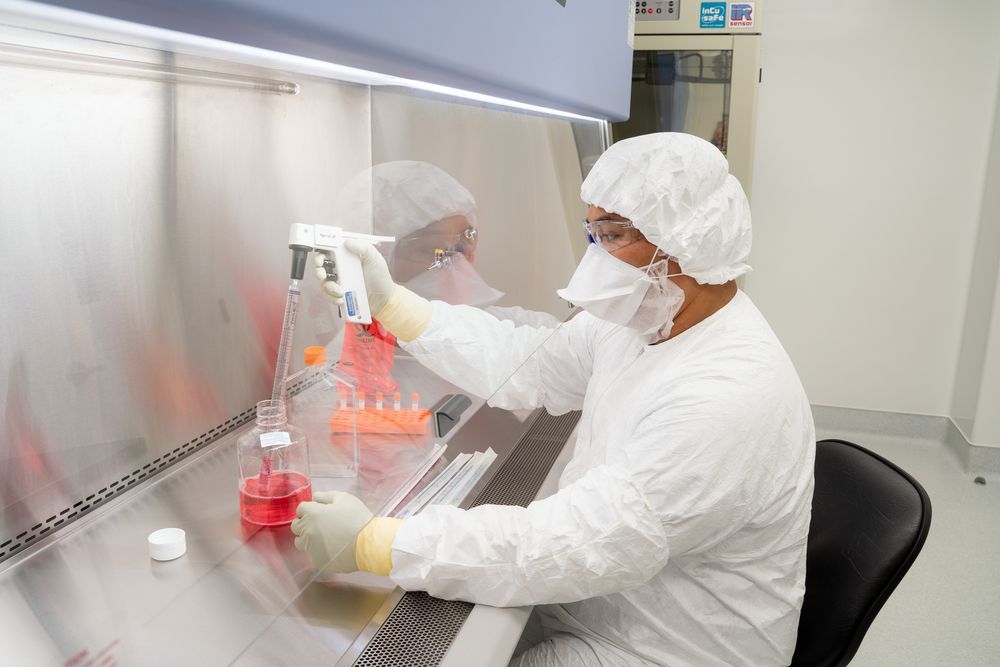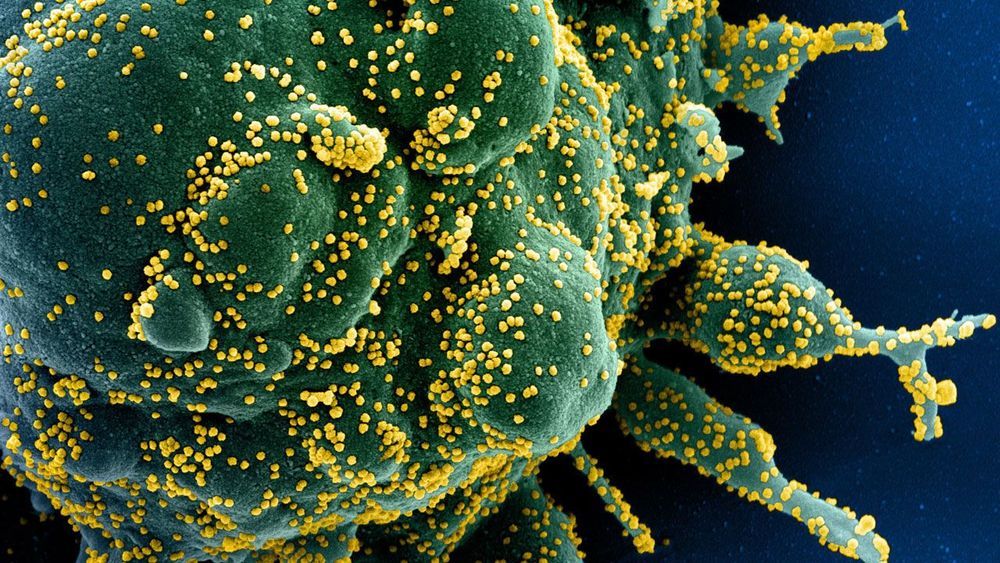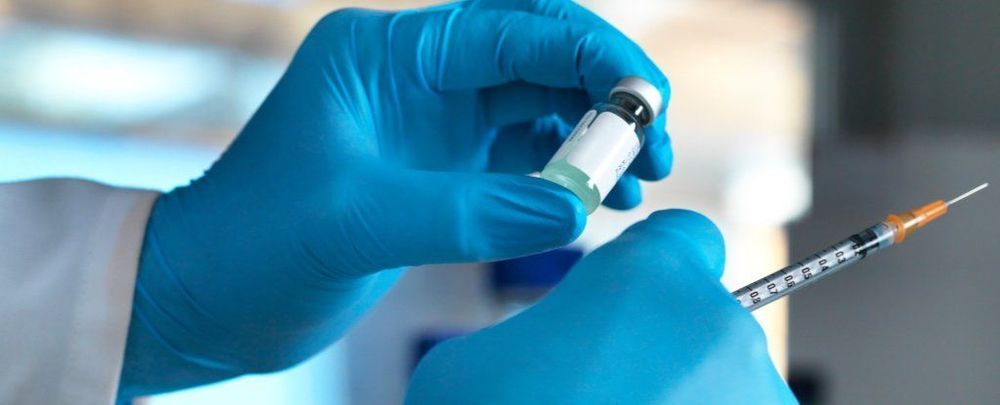‘If we wait for a pandemic to appear, it will be too late to prepare’ — George W. Bush warned about getting ahead of something like COVID-19 way back in 2005.
» Subscribe to NowThis: http://go.nowth.is/News_Subscribe
» Sign up for our newsletter KnowThis to get the biggest stories of the day delivered straight to your inbox: https://go.nowth.is/KnowThis
In US news and current events today, listen to Pres. Bush urgently stress the importance of being prepared for a pandemic back in 2005. In this clip, Pres. George W. Bush addressed the Nat’l Institutes of Health about having a game plan to fight future pandemics. Pres. Bush was reportedly alarmed after reading a history book about the 1918 flu pandemic where millions had died. Out of that interest came a grand outline for future administrations to follow in response to a global pandemic.
Listening in the audience that day was Dr. Anthony Fauci, dir. of the Nat’l Institute of Allergy and Infectious Diseases and current leader in the fight against COVID-19 today.
For the latest coronavirus news and COVID-19 updates, subscribe to NowThis News.
#GeorgeWBush #Pandemic #Fauci News #NowThis #NowThisNews
Connect with NowThis

